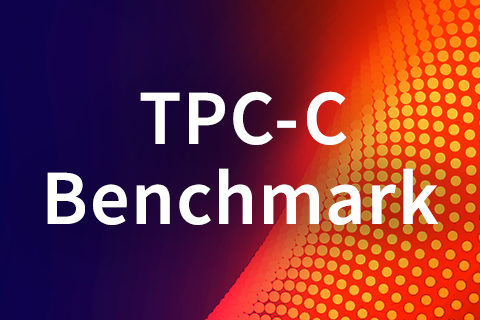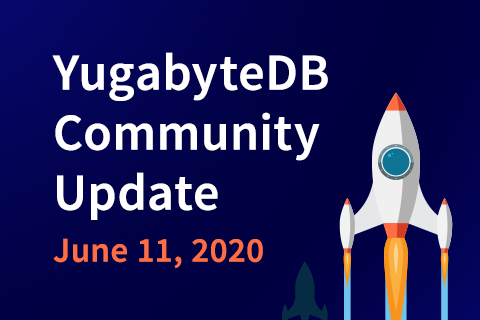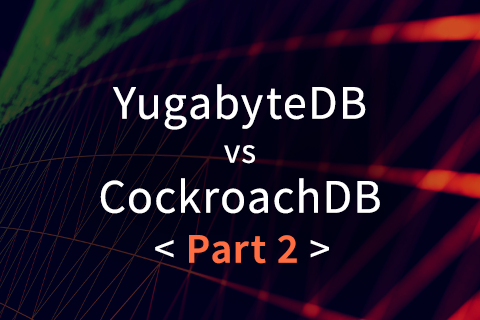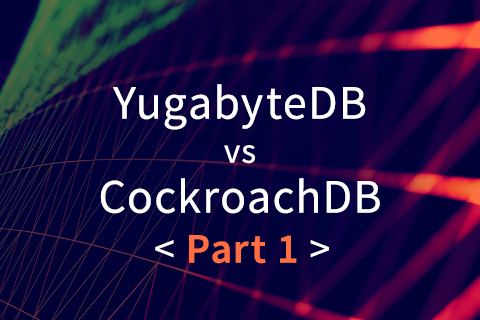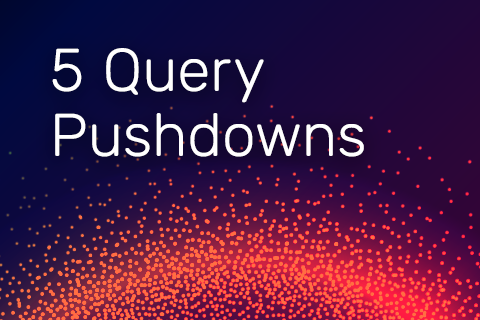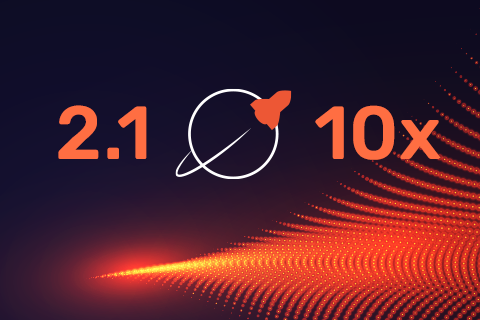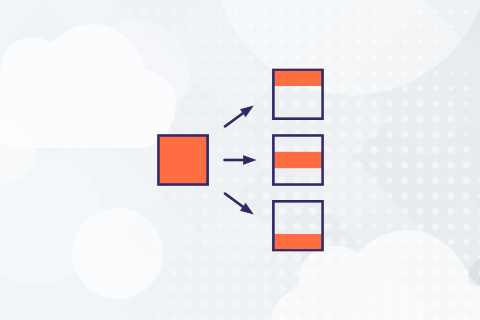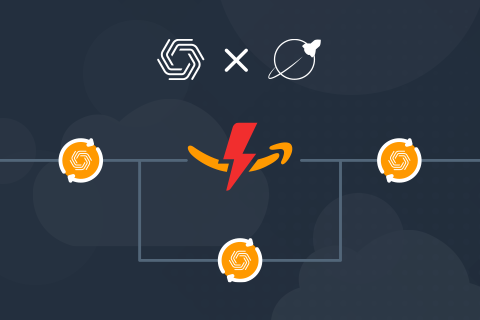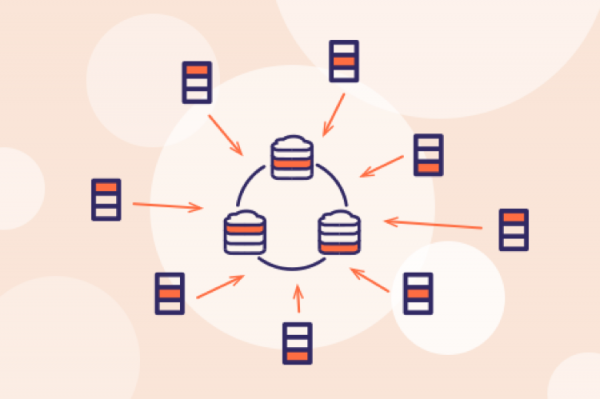TPC-C Benchmark: 10,000 Warehouses on YugabyteDB
We are excited to announce that the TPC-C benchmark implementation for YugabyteDB is now open source and ready to use! While this implementation is not officially ratified by the TPC organization, it closely follows the TPC-C v5.11.0 specification.
For those new to TPC-C, the aim of the benchmark is to test how a database performs when handling transactions generated by a real-world OLTP application. This blog post shows the results of running the TPC-C benchmark in addition to outlining our experience of developing and running a TPC-C benchmark against YugabyteDB.
…
